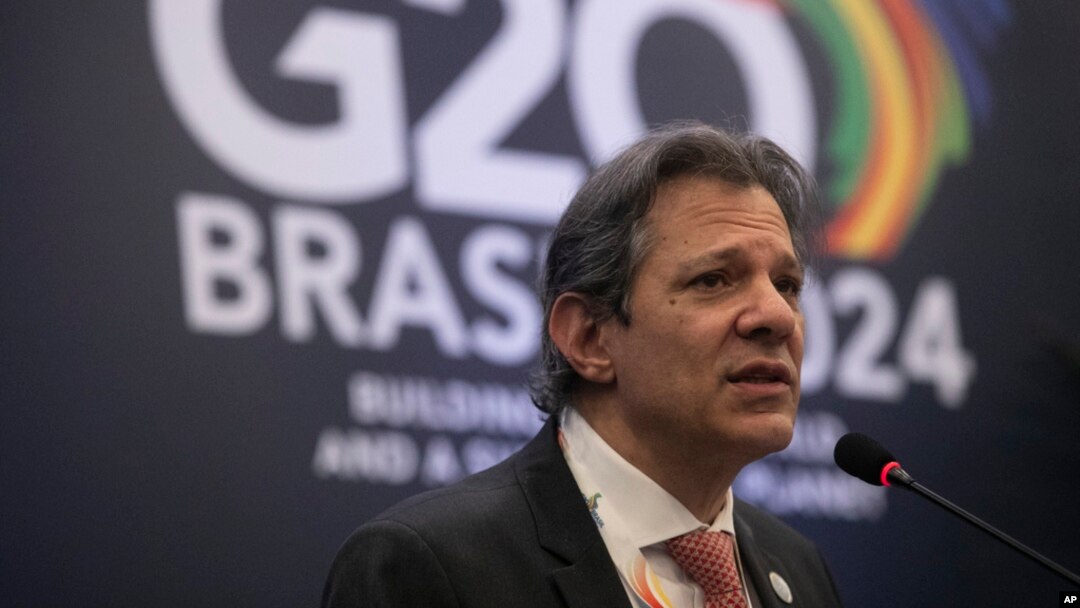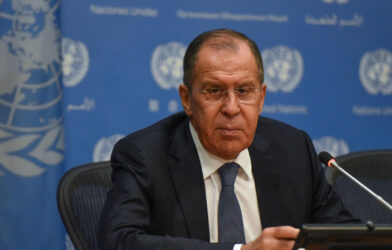Finance ministers from major economies, both developed and emerging, have pledged to collaborate on measures to ensure the ultra-wealthy contribute their fair share in taxes.
In a joint statement issued after a two-day summit in Rio de Janeiro, the ministers emphasized their commitment to addressing tax disparities while respecting national tax policies.
“With full regard for tax sovereignty, we will work together to ensure ultra-high-net-worth individuals are effectively taxed,” the declaration stated.
Brazil, currently holding the G20 presidency, has made the introduction of a global 2% minimum tax on billionaires a key agenda item ahead of the November 18-19 leaders’ summit in Rio.
Although the final statement stops short of endorsing a specific global tax, Brazilian Finance Minister Fernando Haddad hailed the agreement as a “major breakthrough.”
“We were hopeful for this outcome, but the level of consensus we achieved exceeded our expectations,” Haddad told reporters.
The proposal has sparked division among G20 members. While France, Spain, and South Africa have expressed support, the United States remains opposed.
“Global coordination on tax policy is extremely complex, and we don’t see the necessity or benefit of negotiating a worldwide tax agreement,” U.S. Treasury Secretary Janet Yellen said on Thursday.
A study by economist Gabriel Zucman, commissioned by Brazil, found that billionaires currently pay only about 0.3% of their wealth in taxes. A 2% levy could generate between $200 billion and $250 billion annually from roughly 3,000 individuals, providing funds for public services like education, healthcare, and climate initiatives.
Brazil has placed social equity at the center of its G20 leadership, with President Luiz Inácio Lula da Silva calling for higher taxation on the world’s wealthiest individuals. On Wednesday in Rio, he unveiled plans for a global coalition against poverty and hunger.
Beyond tax reform, Brazil is also advocating for changes to global governance institutions and championing a sustainable energy transition.










Comments are closed